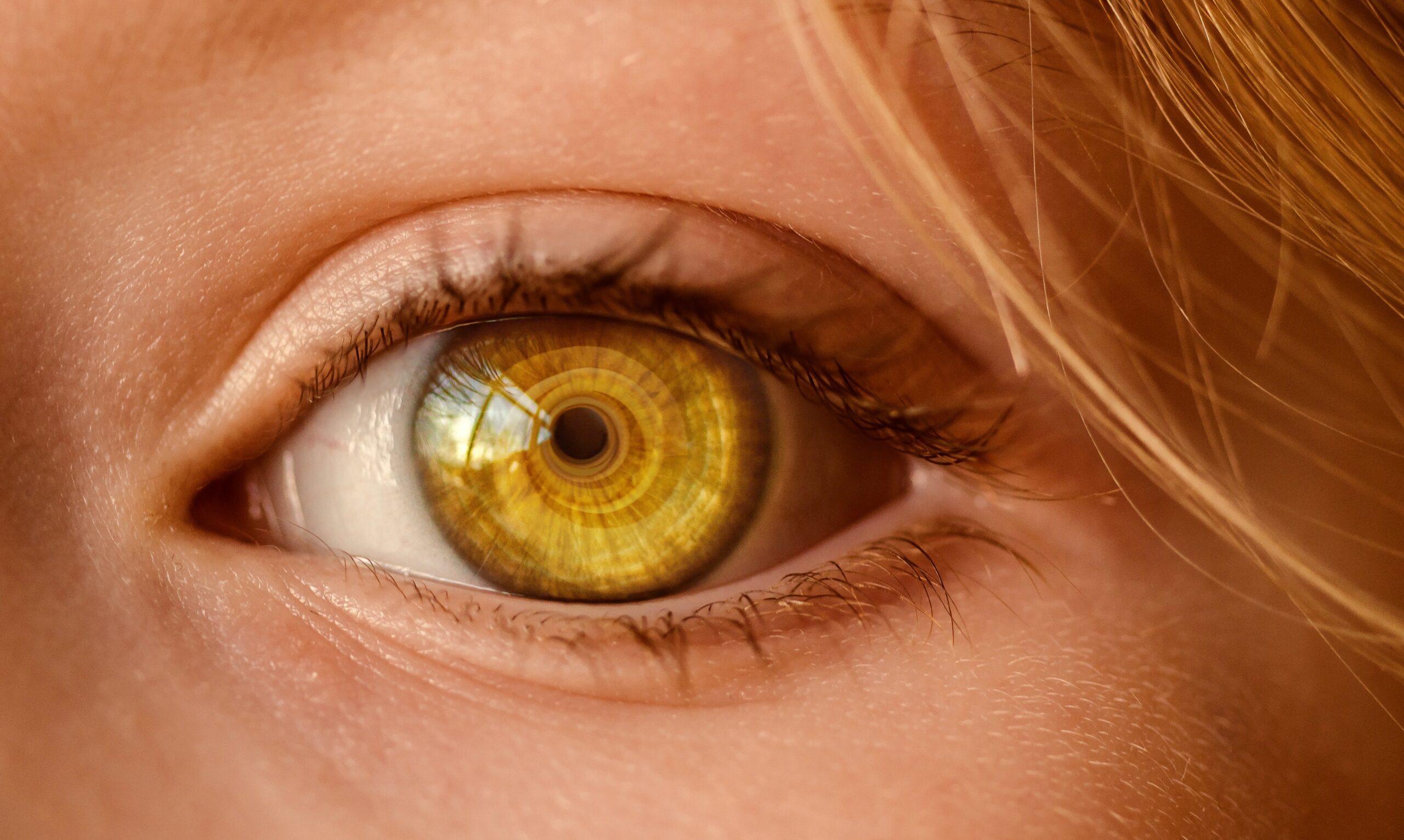Vision affects brain health, study says

People with untreated visual impairments are significantly more likely to develop dementia, according to a new study. Previous studies have shown a link between cognitive and vision health. This latest research was unique in the rigor with which vision was assessed and in how representative the sample was, said clinician-scientist Dr Joshua Ehrlich, the lead author of the report published Thursday in the journal JAMA Ophthalmology.
Ehrlich and his coauthors looked at data from the 2021 National Health and Aging Trends Study in the United States and included nearly 3,000 people. The NHATS interviewers gave individuals in the 2021 study tablet devices with tests for near and distance vision as well as contrast sensitivity, he said. “We did all the research to make sure that in fact, the iPad tests are equivalent to (the) gold standard test in the doctor’s office, and we implemented this in the homes of thousands of older adults,” said Ehrlich, an assistant professor of ophthalmology and visual sciences at the University of Michigan in Ann Arbor. The participants, who were all older than 71, were then screened for dementia using the Dementia Screening Interview, the study said.
Across all individuals involved in the study, 12.3 per cent showed signs of dementia. In people with distance visual impairment, that jumped to 19.5 per cent; 21.5 per cent for near visual impairment; and 32.9 per cent for people who had moderate to severe visual impairment or were blind, according to the study.
The study showed that even mild vision impairment can increase risk, said Dr. Arielle Silverman, director of research at the American Foundation for the Blind. Silverman was not involved in the research. And the increase for moderate and severe impairment was significant. “The potential to increase your risk by two and a half times because of vision impairment is quite stark”, said Dr Thomas Holland, a physician scientist at the Rush Institute for Healthy Aging and an instructor of internal medicine at Rush Medical College in Chicago. Holland was not involved in the study.
It is important to note that because of the way this study was designed, the research team cannot know for sure that the vision impairment caused the dementia, only that they were correlated.
Dementia could be causing the vision loss, or they could just be happening at the same time, Ehrlich said. There is a similar correlation between hearing loss and dementia, he added. It may be that the impairments decrease the input of our senses, which could lead to some confusion that can speed up cognitive decline, Holland said.
Aging is hard, but vision is something we have a lot of supports for”, Silverman said. “If your vision cannot be corrected, seek a referral to a vision rehabilitation therapist for strategies to work with the vision you do have, and non-visual techniques to keep engaged in all aspects of your life”.






